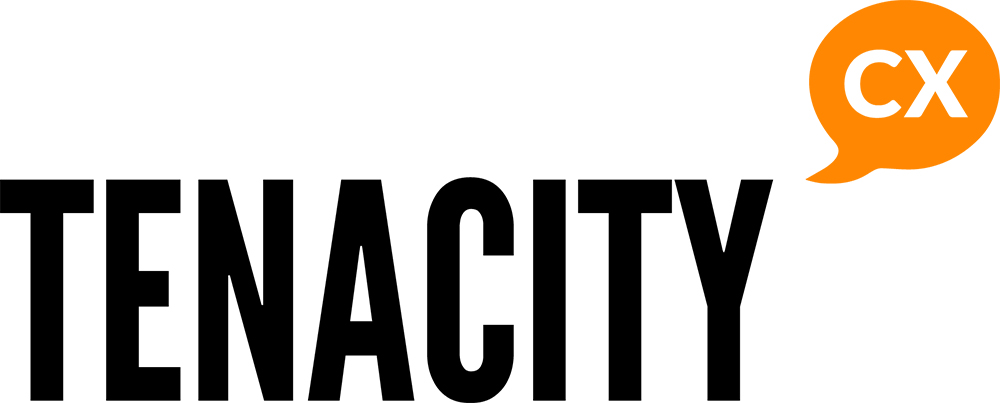We haven’t always lived and worked like this. Our five-day working week with a weekend off is quite a recent innovation, going back to the time of Henry Ford.
But this is the only working culture most of us have ever known, which makes it difficult to even imagine another way.
But imagine we must, because the pandemic has blown the Overton window – the range of topics it’s even possible to publicly discuss – wide open, and the times are ripe for a change.
Working from home permanently, the four-day week, people choosing their own schedules, are all suddenly on the table.
The pandemic has changed the face of how we work forever. We are typically conservative in how we change our operations. But with so many organisation with massive workforces all working from home it’s opened up a whole world of possibility. Our people certainly appreciate the flexibility. We can see exciting new possibilities around recruitment as we’re no longer stuck in a geographical market. We can look further afield, even for senior roles.
Head of Call Centre Operations at a large health insurance company
Everything has changed
Without wanting to overdo it, sometimes there are events in history that utterly transform the cultural landscape. And they do it almost overnight.
The COVID-19 pandemic has been one of those.
How we hire, how we manage people, how we work together with our colleagues, where and when we work, and how we measure success have all been upended.
In our 'Future of Work' series of reports we find out how leaders in the contact centre and CX sector are adapting to what talent wants so they can leverage these new ways of working and minimise the risks.
Download the reports here as they are published.
What’s a job for?
For the first time in several generations people are expecting to be less well off than their parents. In a society built on the promise of never-ending economic growth, that’s a problem.
The average salary for a contact centre agent today is around $57,000, which is about the same as it was a decade ago.
Since the 1980s wages in real terms, adjusting for inflation, have stagnated, while the cost of living and house prices have done quite the opposite.
What is the point in a job, the younger generations think, if it can’t buy you the basic security and lifestyle that it bought your parents or grandparents?
In this market candidates are saying, if you don’t pay me what I’m worth I know I can go and get it. And once you’ve lifted your wage position it’s hard to bring it back. There’ll be a disconnect in the operation between old and new staff. Higher wages are probably now embedded in most employers’ budgets and the cost of goods and supplies. So I think short-term we will see a rise for almost everyone.
Head of Wealth Contact Centres at a Big 4 Bank
It’s a candidate’s market
Job vacancies in Australia are at a record high and double what they were pre-pandemic, according to government figures. Contact centres are reporting huge numbers of vacancies, higher even than the hospitality sector.
While the so-called Great Resignation does not appear to have hit Australia as yet, PWC reports that 38% of workers are planning to leave their employer in the next 12 months. Every industry leader we spoke to is finding it extremely difficult to recruit at the moment.
Our biggest challenge is attracting new candidates. Some bank branches closed so we snapped up those staff. Hospitality and retail used to feed us but those industries have raised wages. We’ve seen so many counter offers being made after we thought we’d hired someone, and we’re having to work harder to prevent our own staff from being poached. Job seekers have never had a greater voice or greater power. It’s not just about pay it’s about flexibility.
Head of Contact Centres at a Big 4 Retail Bank
To give you some perspective, we are currently receiving half the number of job applications we would usually expect for contact centre roles.
The state of the job market
Today’s job market in Australia is characterised by several important trends:
- Everyone we spoke to agrees that the shift to work from home is a fundamental change that is here to stay.
- For most, that means hybrid working in some form or other.
- There is no going back to 5 days a week, 9 to 5, in the office for all staff.
- At the same time, everyone is finding it more difficult to recruit and are working harder to retain their existing staff.
- Net overseas migration, which usually adds 200,000 people per year to the Australian population, has gone negative since Q4 2020.
- The pandemic is leading people to reassess what they want from life and work.
We’ve had some people leave to go back to Portugal, Spain, Italy, or the UK. It’s unusual to see that, but the pandemic has made people’s connections with their family more important. Most have gone home to be closer to their parents.
Head of Member Services, Leading Mutual Insurance Company
And that’s the just the start of it.
Over the next decade we are also going to have to adapt to the full impact of climate change, increasing global economic and political instability, the possible rolling back of globalisation, rising living costs, an ageing population, and the use of automation technologies to replace human workers.
Innovative thinking, a willingness to adapt to change, and the agility to implement new ways of working are going to be ever more prized commodities.
Click here to download the first report, The Job Market and The Workplace, where we analyse the latest data on the Australian job market and talk to major employers and recruiters in the industry to share their experiences with you.

